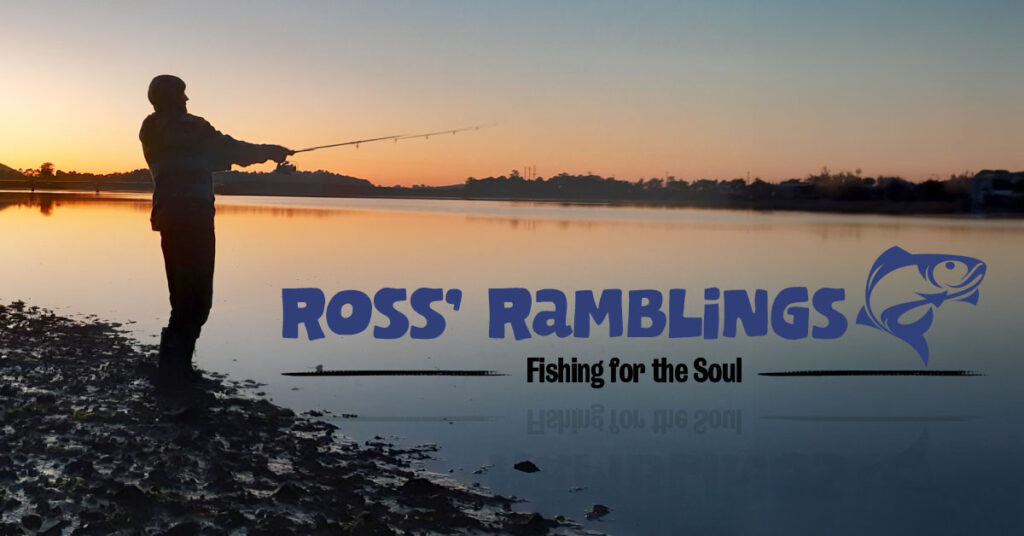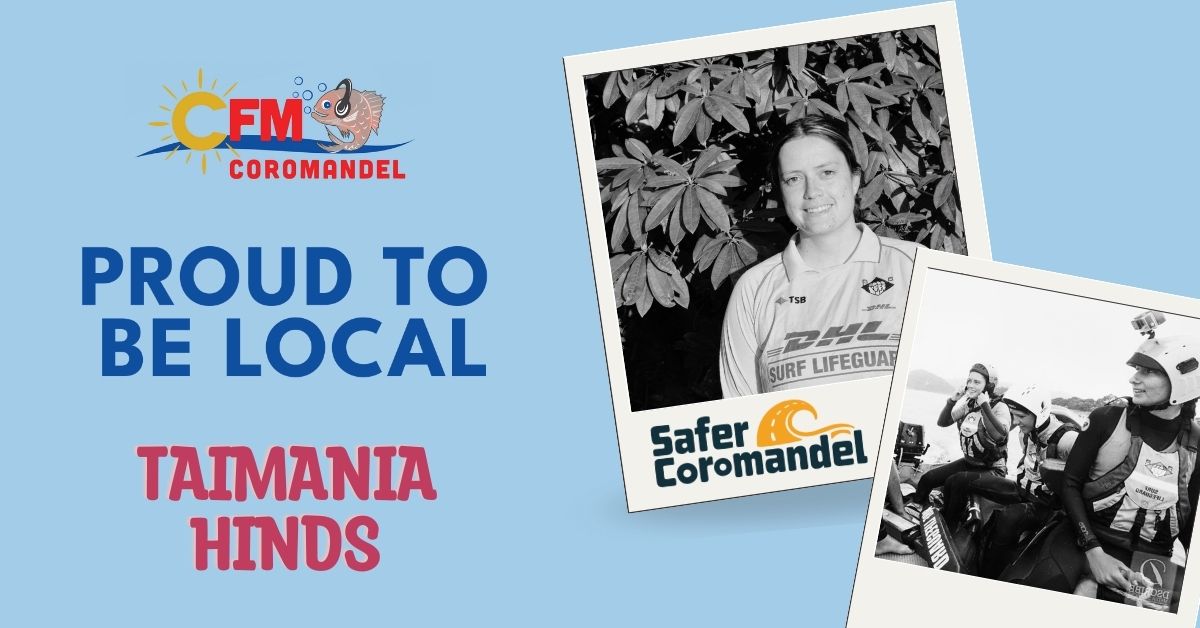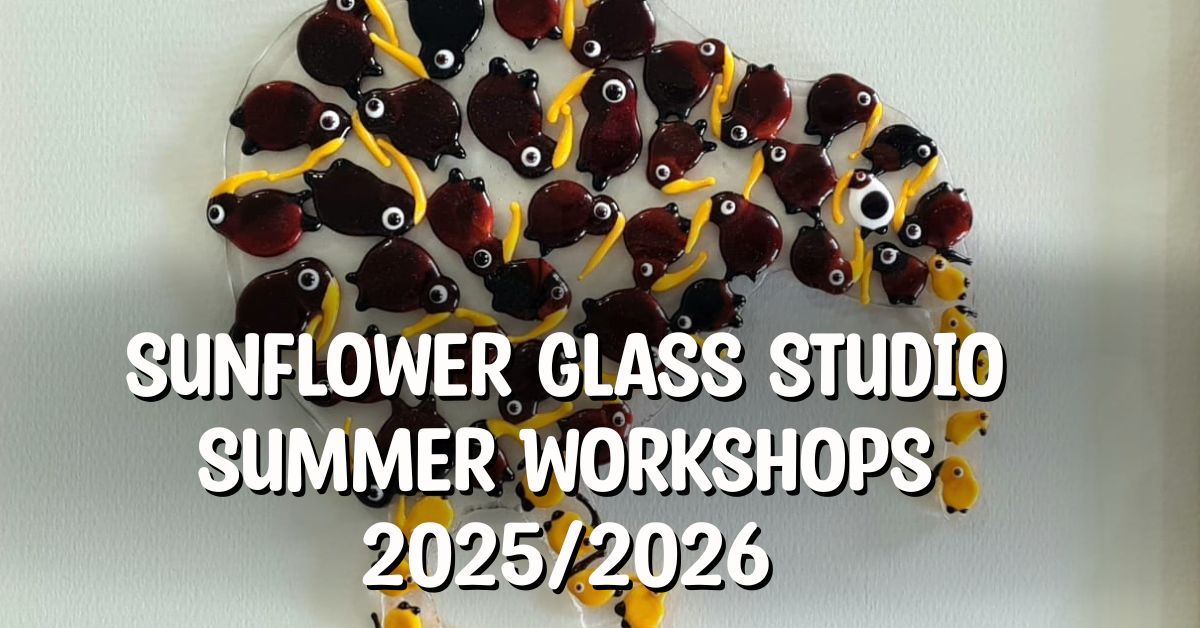
I have a photo of myself as a 3-year-old standing beside a dozen large rainbow trout, which of course couldn’t have been caught by one so young, but it was the beginning of my conditioning to become a future catcher of our finny friends. At a slightly older age, I remember my dad waking me at 5 am with a cup of tea and a marmite sandwich to sustain me for the next three hours of trolling trout lures around Lake Rotoiti. Of course, the wind dictated which spot we went to, as we used my grandfather’s Rotoiti fishing mantra: “When the wind is in the east, that’s when fishing is the least. When the wind is in the north, that’s when fishermen never go forth. When the wind is in the west, that’s when fishing is the best, and when the wind is in the south, you just drop the fly in the fish’s mouth.” Fortunately, this mantra had a greater effect on my young mind than any of the religious propaganda that was thrown at it at school and church.
As you can imagine, my life during our fishing holidays was full of grand stories of monster fish caught, and the even bigger ones that got away – typical fishermen’s tall stories.
I remember a small plaque attached to the wall of my grandfather’s bach at Rotoiti that said ‘January 1934, one week, 5 fishermen (my grandfather and his 4 sons), 284 trout caught. Take this down when you beat it.” Of course, nobody ever did. In fact, I doubt if any others in the family even wanted to try. “What did you do with 284 trout?” I innocently asked my father one day. “Oh, we smoked some, ate a few, gave a few away and buried the rest.” Being quite young at the time I didn’t think too hard about the morality of this. Even a few years later, when my father and his friends caught large rubbish bins full of whitebait to use as berley for snapper fishing, it didn’t really dawn on me how destructive this activity would turn out to be.
There is a difference between fresh and saltwater fishing. Fishing for trout and salmon in our rivers and lakes is highly regulated through licensing, catch quotas and minimum sizes, while the stocks of fish are tightly controlled by Fish and Game through the release of thousands of fingerlings into the lakes and rivers every year. Professional rangers regularly patrol the waterways checking licenses and catches, and on release many fingerlings are tagged and when caught the information is forwarded by the fisherman to Fish and Game to provide useful data used to regulate the sport. Hopefully, these days, anglers are more respectful towards the trout than my grandfather and his sons were.
The ocean is another story. Fish numbers cannot be controlled by human input in the way they are in our freshwater fishery. Fish farming provides a certain amount, but the rest are wild fish caught by a huge variety of methods. In years gone by, fishing was a subsistence industry employing small craft to sustainably catch coastal fish. Now however huge factory ships owned by large companies scour the oceans, depleting these once sustainable fish resources. Raping and pillaging our oceans has become a way of life especially for the many rogue operators, both Kiwis and foreigners, who flout the regulations in the name of profit. Fortunately, most Kiwi commercial and recreational fishers respect our marine environment and the resources it offers us. However, I still remember clearly the times when I was a commercial fisherman at Waiheke Island, hearing the sound of trawlers with no lights, illegally dragging nets through the snapper spawning grounds at night, and you only have to turn on the Coast Watch TV programme to see there are still cowboys out there blatantly flouting our recreational fishing rules.
And then there is the controversial topic of the ‘sport’ of game fishing. As a boy in the 1960s, I remember my parents participating in a game fishing contest and my mother being in the chair when a large mako shark hit the bait.
She played it for an hour, after which time the poor shark died. The rules of the contest stated that the fisher couldn’t pull the line in by hand if the fish died and so my mother’s fish, which would have won the shark section, was disqualified and left to sink to the bottom. Stories of game fishing in the early days tell of multiple marlin and sharks being caught, weighed in, photographed and then taken out to sea and dumped. These practices, like my grandfather’s, have now stopped of course. However, I recently heard a story of local fishermen who hooked a marlin and played it until dark – and when it died, cut it free. I guess if you bring a fish to port, the cost of $4 a kilo to smoke it becomes prohibitive when you have 200 kg to process.
Many marlin are now tagged and released. There are arguments both for and against this process. Some say that there is evidence that a high percentage of tagged marlin survive and live to fight another day, while others maintain it is a cruel practice and that game fishing itself should be discouraged. Personally, I love the art of fishing, especially fly fishing at night when the trout come close to the beach and the only sound is the occasional splash as the fish rise to the surface – fishing for the soul, my soul that is. I heard that fish don’t have a soul, but who really knows? When fishing in saltwater, my soul is more active as there is no knowing what fish will bite, or how big it will be. Anything or nothing can happen but, regardless, I restrict my catch to what I can fit on my table for my family and friends, and a little in the freezer for winter. Going out to catch a mighty marlin for sport, or catching a limit of snapper day after day, is not for me – especially in the Hauraki Gulf of which we are a part and where a lot of species are undergoing unsustainable pressure.
Anyway, fishing can be an expensive high tech ‘sport’ involving huge investment in vessels, fuel, crew, gear and equipment, or it can be an activity which takes us to tranquil places with no expectation other than enjoying the process and being close to mother nature, not caring whether a fish is caught or not. I would always choose the latter. Tight lines.
Words by Ross Liggins

Coromind: Coromandel’s Collaborative Magazine

Help us take Coromind Magazine to new heights by becoming a member. Click here
Change the Weather for Your Business: Advertise with Us.
Advertise your business in the whole Hauraki Coromandel in the coolest Coromandel Art Magazine, from Waihi Beach/Paeroa /Thames up to the Great Barrier Island.
Advertise Smarter, Not Harder: Get in Touch






